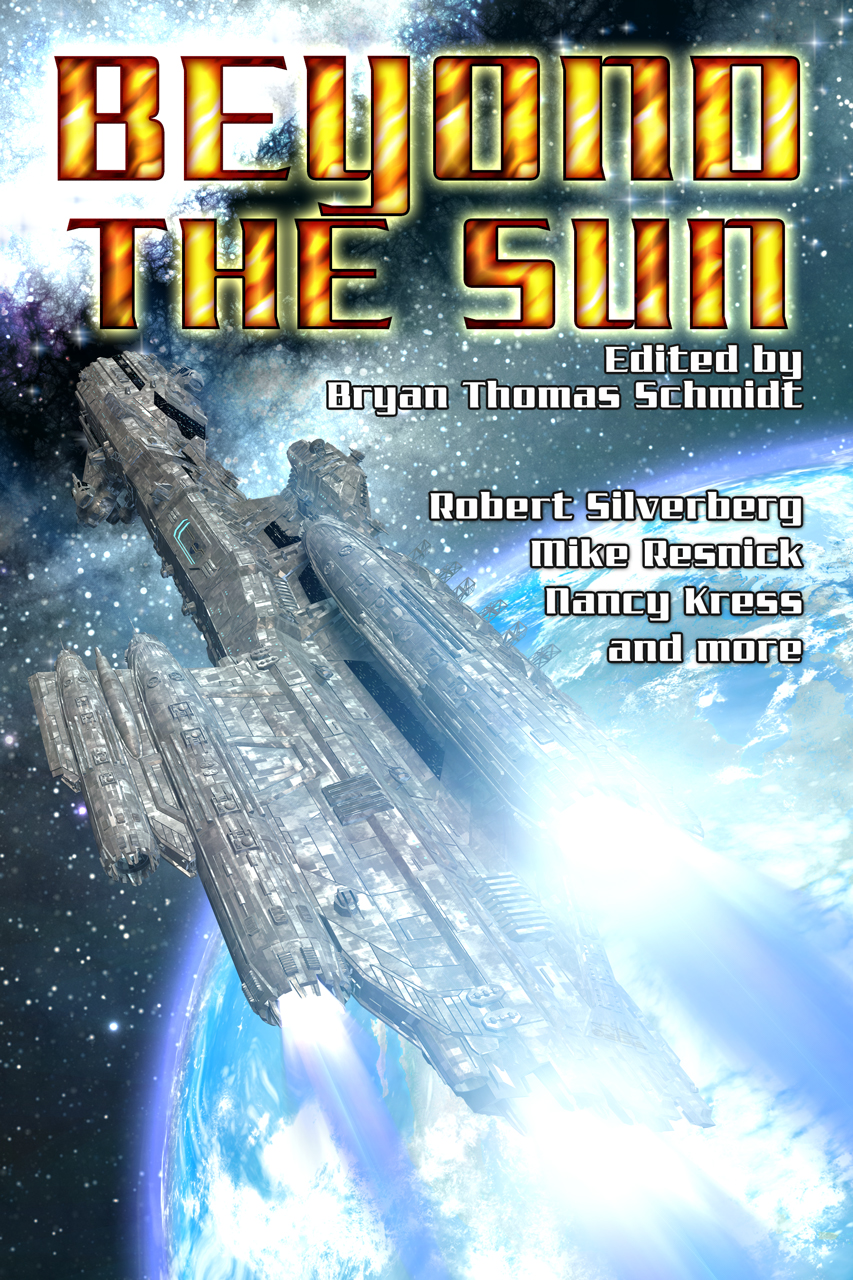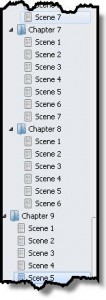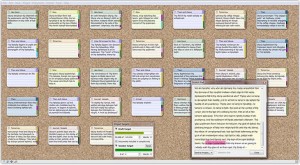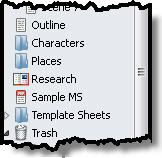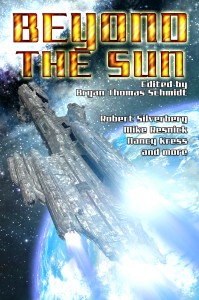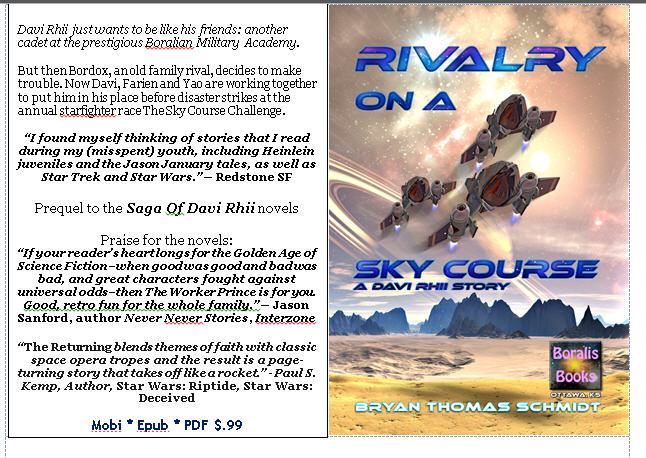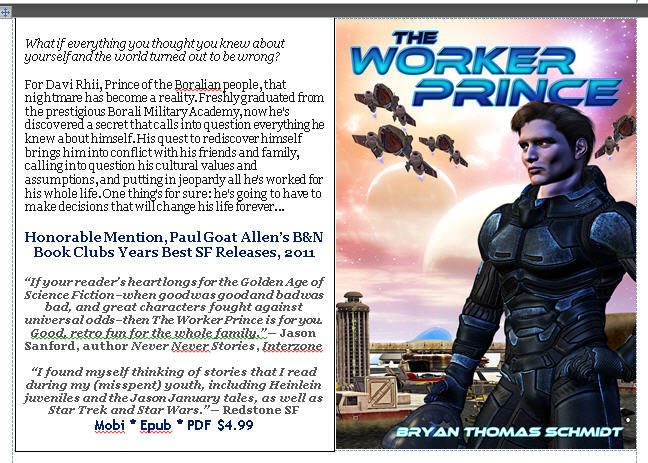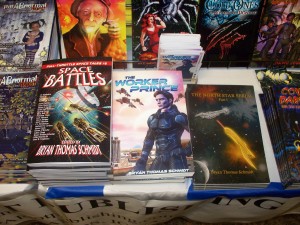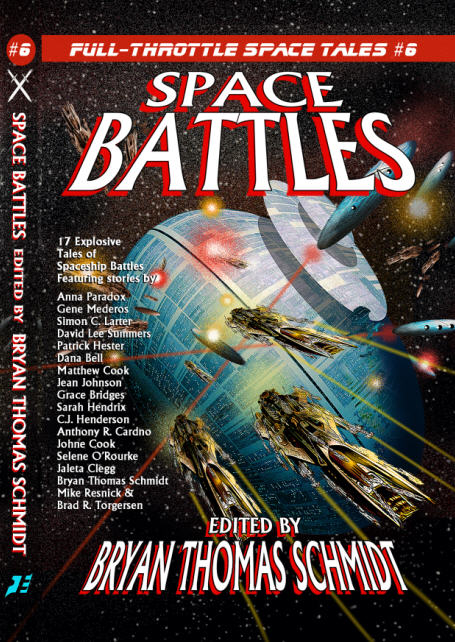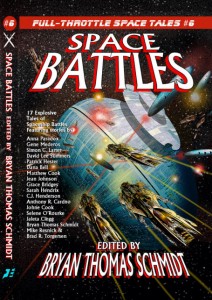



At some point or another, all writers have to consider whether or not their manuscript could use an editor. For most pros, that’s not even a question. I’ve used editors on all novels since the beginning and all of them have brought great benefit and growth to me as a writer in improving my work. As I grew, I started editing myself and have been editing freelance since 2009. Only in the last few months has it become viable as a part time job, combined with writing to make full time. But the more I do it, the more passionate I become. I love the variety I get to experience from fiction to nonfiction, one genre to another. I love the diversity of voices and writers I encounter. But freelance life can be tough, in large part because many clients don’t really understand what we do, why we do it, and the circumstances under which we work.
So here are ? Things Every Writer Should Know About Working With Independent Editors:
1) Independent Editors are your friends. Our job and living come from helping writers make their work better, the best it can be. It’s the passion that brought us to freelance work and the risks inherent in that, and it’s what keeps us coming back for more. We are not acquisitions editors looking for a reason to say no. We are not motivated by favoritism and we are not out to crush your dreams. We want your work to sparkle, and we’re thankful you’ve given us the opportunity to help.
2) Independent Editors are freelancers. Most of us work freelance, so what that means is, we get paid by the job, when the client gets around to it. For those, like me, who depend on editing as their sole income, that means we have to set our schedules, find our own clients and set our own guidelines. While we want to help you, we have to treat all clients the same. Your job is not more important than everyone else’s. If I am on a job, the next job I accept begins when the first job is complete. But if I complete your job and you come back to me a month later with changes, you also have to wait in the queue. I cannot drop everything and go back to work for you. I also can’t wait and not take jobs just because you expect to have a manuscript for me to edit on x-date. Turning down paid work is suicide. I can’t afford it, and I can’t afford to turn clients away. So please keep this in mind when you set your expectations.
3) Independent Editors make suggestions. We suggest changes we believe will make your work better, based on a lot of criteria and experience. For those of us who are writers, it’s often things we’ve been told by editors on our own work. There are industry standards, house standards at publishers, etc. as well. Our job is to help you be aware of potential issues. It’s your choice whether or not to take our advice. So, there’s no need to be contentious about changes. It’s just an opinion, the final decision is yours.
4) Independent Editing Takes Focus and Time. Editing is detail oriented. You want someone to read carefully and consider the big picture of the manuscript, not just each page individually, but as a whole. You want the editor’s notes to reflect that. Because it’s difficult to do line and copy edits and developmental edits simultaneously, that means we may need to read your work more than once. That takes time. Because it takes focus, we often can’t edit multiple projects simultaneously. We need to keep our head in the game of your manuscript. So when you’re our current project, all of our focus is on yours. That means, until we’re done editing your work, we aren’t free to work for anyone else. You pay us to make time and do it right. Editing is not where you want to be cheap, folks. Professional editors at publishers get paid very well per hour. Most freelancers make much less. Keep this in mind next time you complain about how expensive independent editing is.
5) Independent Editors live paycheck to paycheck. Unless you meet an independent editor with a second job, we’re counting on you to help pay our bills. We can take limited numbers of jobs per month, based on what we can reasonably accomplish, and our editing income is a primary source for rent, utilities, food and more. That means if you pay us late, we are late on bills. This is why so many of us ask for deposits up front. I have clients who pay me a month late. Sometimes longer. When I set aside time for January income and don’t get paid until March, that really puts me in a bad position. It creates stress. Stress hurts my focus for other work. It also requires time to keep reminding you of the payment due. Billing is a necessary evil. It’s not why I got into editing. It’s not my favorite part. I don’t enjoy it. I wish everyone paid fof work they commissioned promptly with consideration for my needs. That’s not the way the world works. But keep this in mind when hiring editors. Most of us will give you an estimate and let you know beforehand if we’re going to exceed that estimate and by how much we expect that to be. Have the money in hand to pay us and please, pay promptly. You’ll make us that much more likely to go the extra mile when working for you in the future or even recommending your work.
So, when you find yourself considering hiring an independent editor, please remember these things and keep them in mind. I strive very hard, as do most independent editors I know, to exceed client expectations. I want you to have a great experience. Most of all, I want you to succeed. I feel like when a client succeeds as a writer, it’s also my success. It feels good. All I ask in return is that we have a good, professional business relationship. That way it mutually benefits both of us. And remember, I learn as much as a writer from editing you as you do from being edited.
For what it’s worth…








